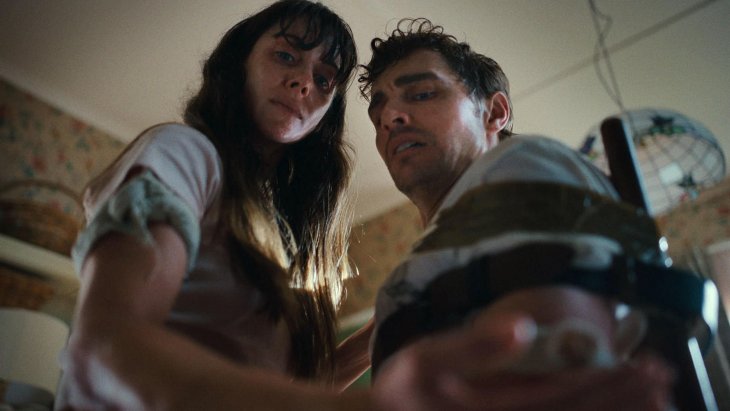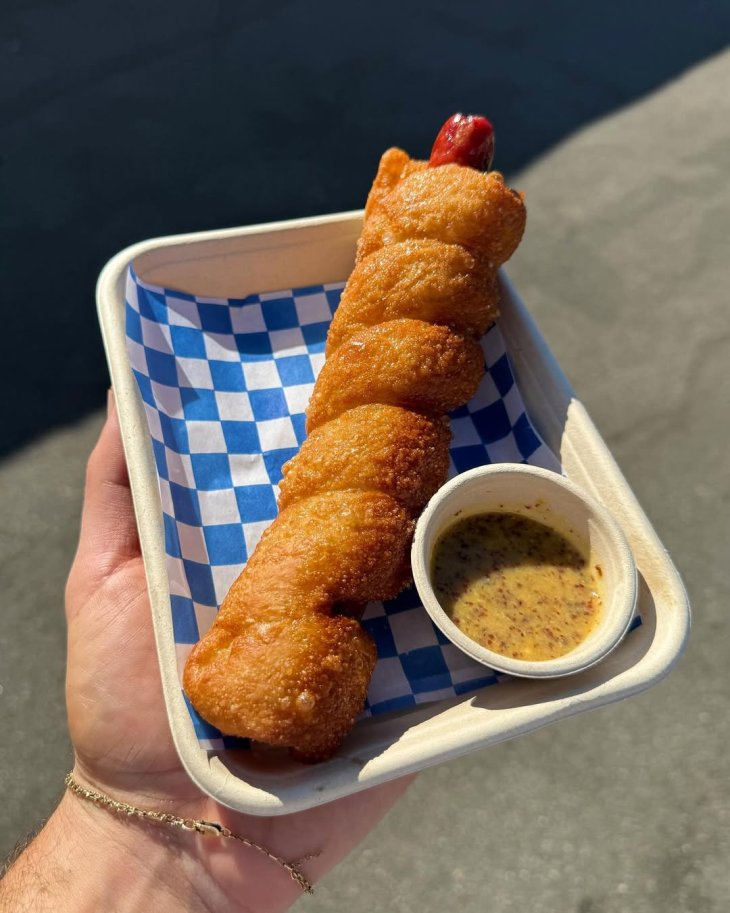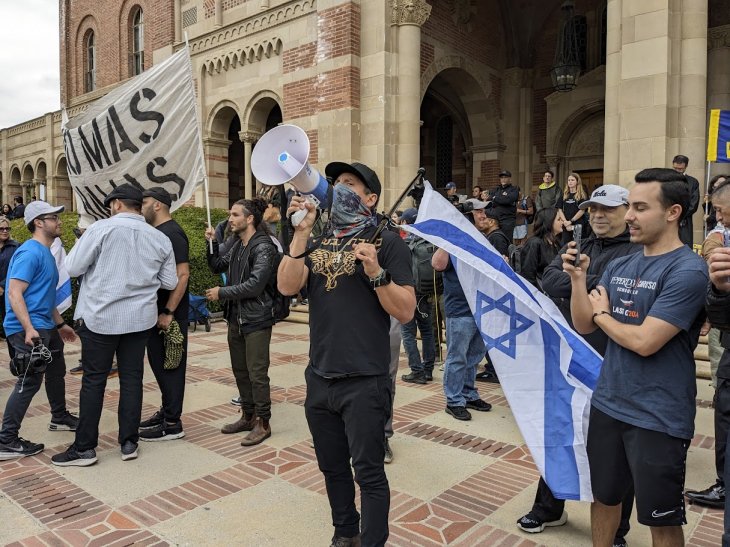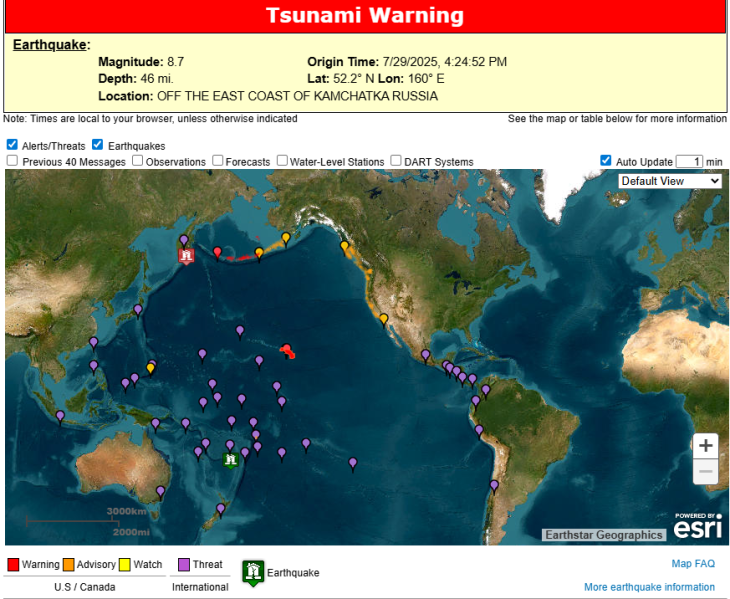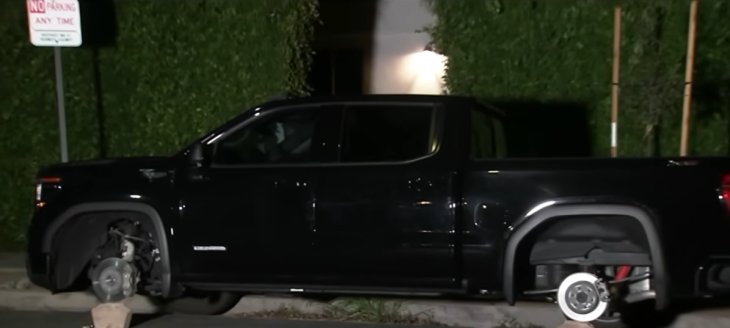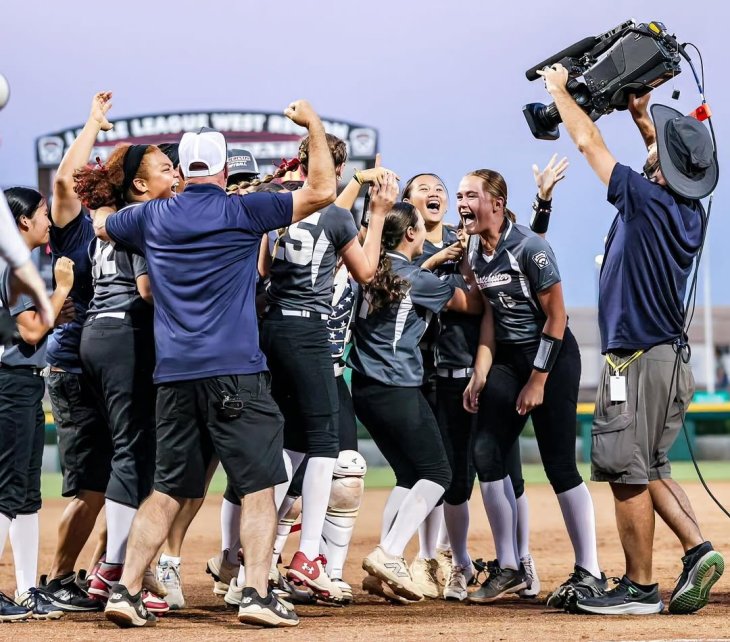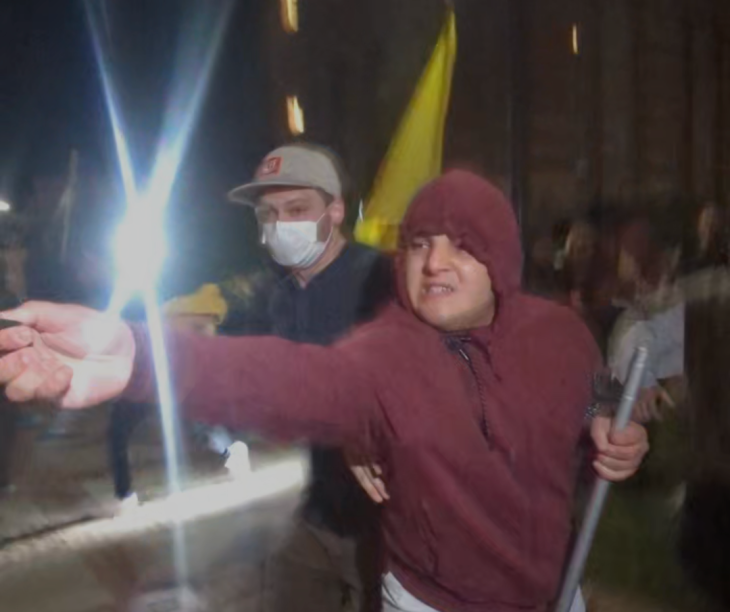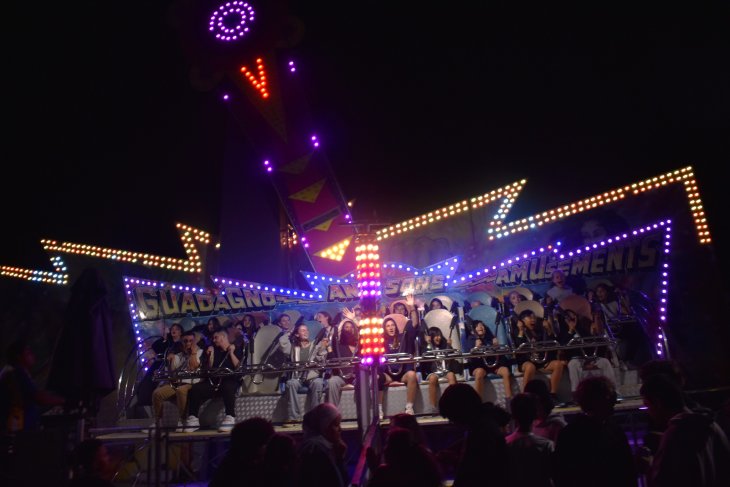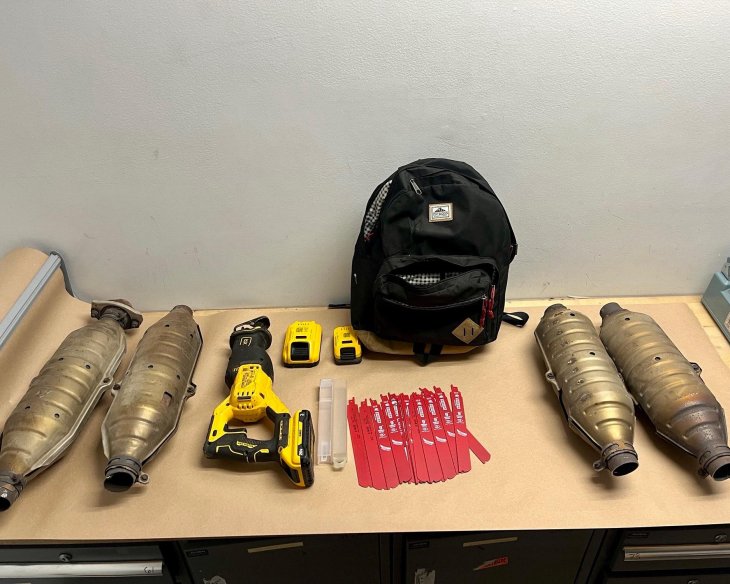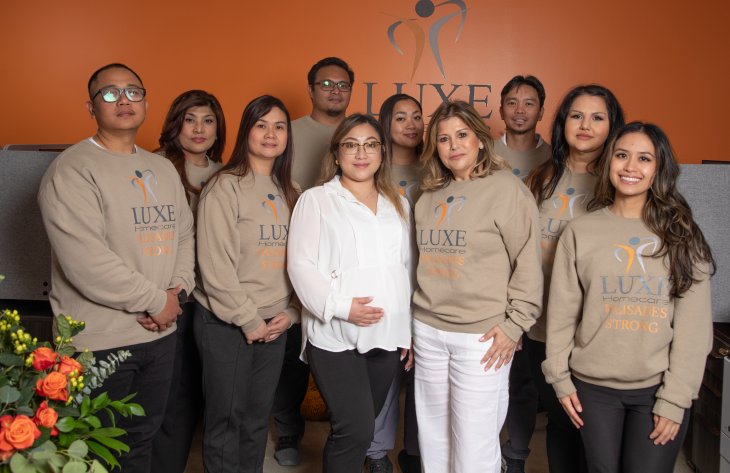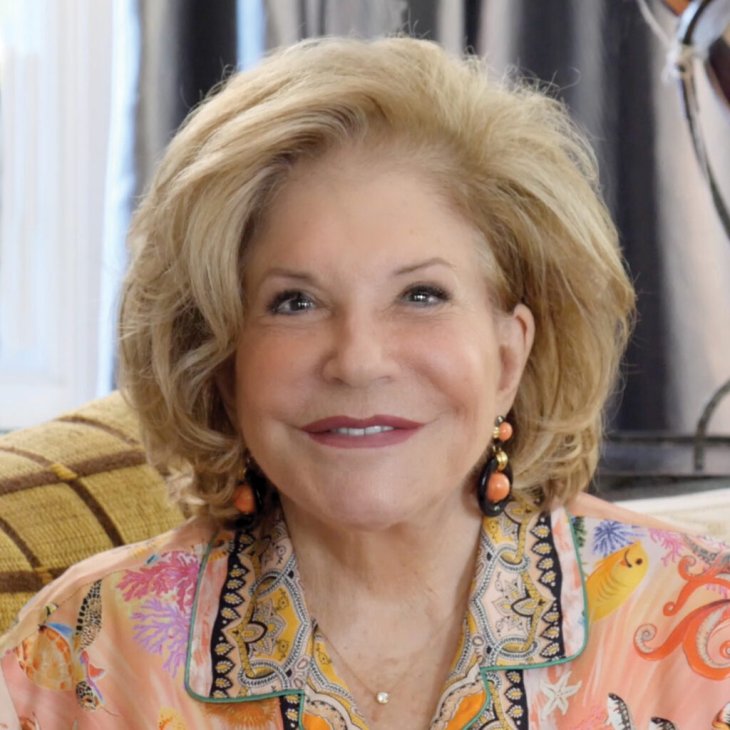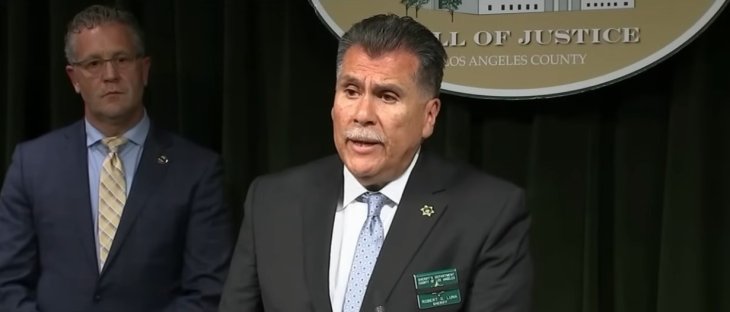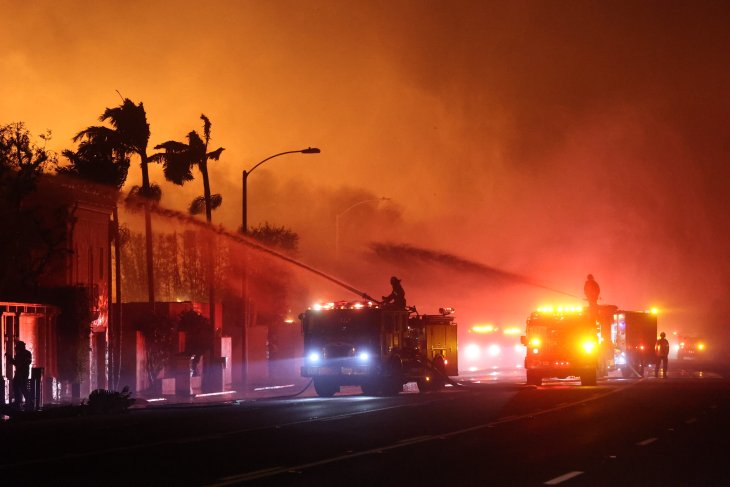California lawmakers pass a law that would allow bars in L.A. serve alcohol until 4 a.m.
By Tor Marom
Nighlight on the Westside may see big changes in the coming years after the California Legislature passed a law that would allow bars in Los Angeles to stay open until 4 a.m.
Senate Bill 905, introduced by State Senator Scott Wiener, would allow the sale of alcohol to extend from 2 a.m. to 4 a.m. in nine California Cities. On Thursday, August 30, state legislators approved the bill, sending it to Governor Jerry Brown for his signature.
The cities included in the bill are as follows: Cathedral City, Coachella, Long Beach, Los Angeles, Oakland, Palm Springs, Sacramento, San Francisco and West Hollywood.
According to a statement released by his office, Sen. Wiener thinks that the extension of alcohol sales, while unnecessary in smaller provinces, is beneficial to bigger cities with nightlife economies.
“When it comes to nightlife, you can’t compare downtown Los Angeles or San Francisco to a small town,” he said. “Local communities should be able to size up their own nightlife needs and decide their own closing time.”
The bill, if signed, would allow the previously mentioned cities to participate in a 5-year pilot program beginning in January 2021. This would allow each city the option to extend alcohol sales in bars, restaurants and nightclubs if the city so chooses. That said, the bill would have no effect on the sale of alcohol in liquor stores, which will still be required to stop serving by 2 a.m.
The strongest voice opposing the bill is that of Los Angeles City Councilmember Paul Koretz, who represents much of West Los Angeles. While SB 905 will only extend alcohol sales in the approved cities, Koretz argues that drunk drivers will not be as easily contained.
“No district is an island and it is outrageous to call this a local discretion bill when its impacts will spill over into adjacent jurisdictions,” he said at a press event on August 6. “Only a dumba** would value nightlife over all life and vote YES for this bill.”
Westside Today spoke with Koretz’s director of communication, Alison Simard, to get more insight on his views.
“[Koretz] likens it to the ‘21-18-21’ problem,” she said. “When you used to be able to drink at 21, and they reduced the drinking age to 18 […] it really was a painful untangling to return to 21.”
In order to gauge the success or failure of the pilot program, each city which chooses to participate will be required to provide a yearly report showing the impact in the city, as stated in the bill.
“The report shall include information on any impact the additional service hours had on crime rates in the city, including arrests for driving under the influence and domestic violence,” Senator Weiner’s statement reads.
The statement released by Sen. Wiener’s office also provides examples of the various ways that each city could choose to implement the pilot program.
“Cities will have significant flexibility and can, for example, limit extended hours only to certain neighborhoods, only to certain nights of the week, or only to a few nights a year.”

Beyond Koretz, there are many other individuals and groups which have shown opposition to SB 905.
Scott Suckow, executive director of the American Liver Foundation’s Pacific Coast division argued that the nightlife in California is dangerous enough as it is.
“Extending bar closing times to 4:00 a.m. will mean more young people dying in their prime due to this terrible disease,” he said. “California already suffers more alcohol-related harm than any other state – $37.5 billion annually.”
Other groups opposed to the bill include the Los Angeles Drug and Alcohol Policy Alliance, Mothers Against Drunk Driving and the National Liquor Law Enforcement Association.
Gov. Brown has until September 30 to approve the bill.


